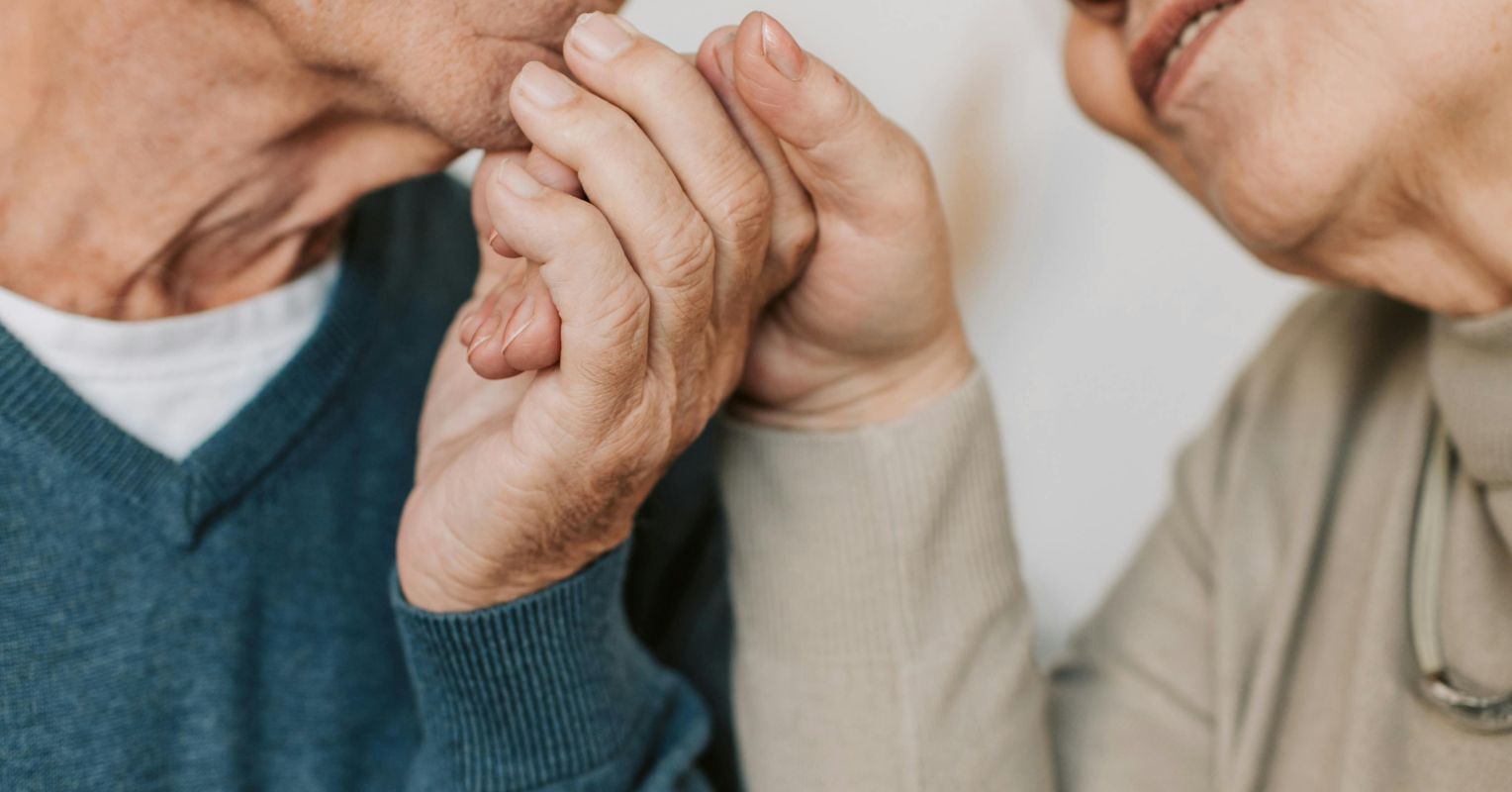970x125
How well we do in love and life depends on our conditioned responses to pain, distress, and discomfort, and whether we blame, deny, and avoid or try to improve and grow.
Blame, denial, and avoidance are attempts to hide vulnerability. Compassion and kindness make us less vulnerable.
Better than hiding vulnerability in arguments, and better than blame, denial, and avoidance, is sharing our core emotions—fear, shame, sadness, sorrow. Sharing brings us together; hiding drives us apart.
Connect to Communicate
Emotional attunement is more important to maintaining connection than the words we use. Emotional demeanor—body language, facial expressions, eye contact, and tone of voice—is the primary mode of communication in love. Effective communication is a function of connection—caring about each other’s well-being. When partners feel connected, they communicate well. Communication techniques can help you feel heard but not connected.
Connection in long-term relationships is a mental state and a choice. We choose to feel connected and choose to feel disconnected. We can feel connected when our partners are away, and we can feel disconnected when they’re sitting next to us. Life is better and problems are more easily overcome when we choose to feel connected.
The Mirror of Love
Love is a mirror of the inner self. What we learn about ourselves in love we can learn in no other way. We can’t know ourselves completely without experiencing love.
The mirror of love changes once we start living together. When falling in love, it shows how generous, open, flexible, passionate, funny, creative, thoughtful, and attentive we can be. After a year or so of living together, the mirror of love shows how petty, rigid, defensive, irritable, or manipulative we can become.
Love in Routine
Unless we intentionally show our partners that they’re important to us, routine living will make them believe they’re not.
Routine living makes us susceptible to using our partners to avoid feeling vulnerable emotions. When we try to avoid feeling anxious, we come off as controlling. When we try to avoid shame, we appear to be rejecting or aggressive. We’re likely to be critical, defensive, or contemptuous when trying to avoid fear or shame.
In routine, ego tends to triumph over love. There are four people in a committed relationship—the partners and their egos. The partners care about each other, support and appreciate each other, are compassionate in times of distress, and kind for the mere pleasure of it.
Their egos are self-obsessed, entitled, controlling, easily insulted, and quick to insult.
Functionally speaking, the ego is how we prefer to regard ourselves and how we want others to regard us. We insist that our partners and children regard us—and behave toward us—in ways that flatter our egos.
Ego obscures the effects of our behavior on loved ones and makes their negative reactions to us seem like unprovoked attacks.
Large egos are defensive and argumentative at all costs; the truth is often the first casualty of ego-defense. At best, they appear self-righteous. At worst, they seem abusive.
It’s easier for a camel to fit through the eye of a needle than for a large ego to fit into a good relationship.
The Way Out
We’re more likely to recognize when our partners display ego-defense than to realize when we’re doing so. Only a small sliver of the prefrontal cortex can objectively analyze our own behavior, and that is off-line during emotional arousal. In ego conflicts, you may feel like a victim, but you’ll appear unfriendly, mean, or aggressive.
To illuminate these blind spots—and escape the prison of ego—we must develop the habit of using our partners’ reactions to surmise how we’re coming off to them.
We must recognize that when our partners act insulted or defensive or superior, they’re often feeling criticized, hurt, inadequate, or isolated. This can reduce the impulse to defend our egos and increase the likelihood of a more positive response from our partners.
Every morning, take a minute or so to get in touch with the loving partner and parent you are—the partner who is naturally caring, compassionate, kind, and who values your loved ones and wants them to be well.
Relationships Essential Reads
Replace the ego-defenses of blame, denial, and avoidance with loving partner responses of improvement, appreciation, connection, and protection. With practice, there will be only two people in your relationship: two loving partners.
Ego is yet another way of hiding vulnerable emotions. Instead of avoiding them, we must regulate vulnerable feelings by changing the meaning we give to them. We must tolerate feeling inadequate long enough to use it in learning how to love better. Solutions lie in examining what we’re afraid of and what we’re ashamed of. If we follow the motivation of fear and shame to shore up emotional connections, we will love well for a long time.



